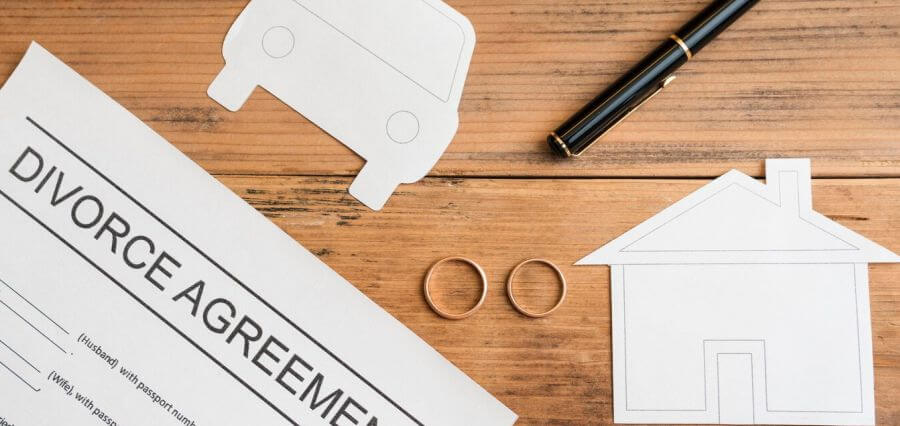
Divorce can be a challenging and complex process, but understanding the laws and requirements in Louisiana is crucial when filing for divorce without a lawyer. Familiarizing yourself with the necessary forms, such as the Petition for Divorce, is essential to initiate the divorce proceeding. Completing these forms accurately is important to avoid any delays or dismissal of your case. Many parishes offer self-help desks or online resources to assist individuals in preparing legal documents without legal representation.
Properly serving your spouse with divorce papers is another vital step in the process. In Louisiana, you can serve your spouse by sheriff’s service or by hiring a private process server if they are within the state. It’s important to ensure the service is done correctly to avoid any challenges that could invalidate your efforts. Navigating the financial implications of filing for divorce in Louisiana requires careful planning to budget for filing fees and any costs associated with serving divorce papers.
When deciding on the type of divorce—no-fault versus fault-based—it’s important to weigh the considerations carefully. A fault-based divorce requires proving marital fault recognized by Louisiana law, such as adultery or felony conviction, which can influence alimony and property division. On the other hand, a no-fault divorce allows for a more amicable resolution and typically expedites legal proceedings.
Preparing necessary documentation, such as evidence supporting your grounds for divorce, is advisable, especially in a fault-based scenario. Utilizing checklists and guides provided by Louisiana’s judicial system can streamline court proceedings and pave the way for a clear resolution. Engaging with community legal clinics and workshops can provide insights into the divorce process and offer practical advice on addressing specific issues within Louisiana law.
Filing divorce papers at your local clerk’s office is a critical step in the process. After filing, you’ll receive stamped copies of your paperwork, serving as proof of officially filing. Serving your spouse with the divorce papers, whether through personal delivery or service by publication, initiates the legal commencement of divorce proceedings in Louisiana. Making sure to follow all instructions provided by the clerk’s office is crucial to avoid delays or complications.
Attend required mediation or parenting classes if applicable in your case, viewing mediation as a constructive platform for negotiation. Successful mediation can expedite the finalization of your divorce, saving time, money, and emotional energy for all involved. Finalizing the divorce at a hearing or by default judgment involves presenting relevant documentation and conducting yourself professionally in front of the judge. Once the final divorce decree is issued, carefully review it to ensure it accurately reflects the decisions made during the hearing. After receiving the decree, you are legally divorced and can move forward separately.


